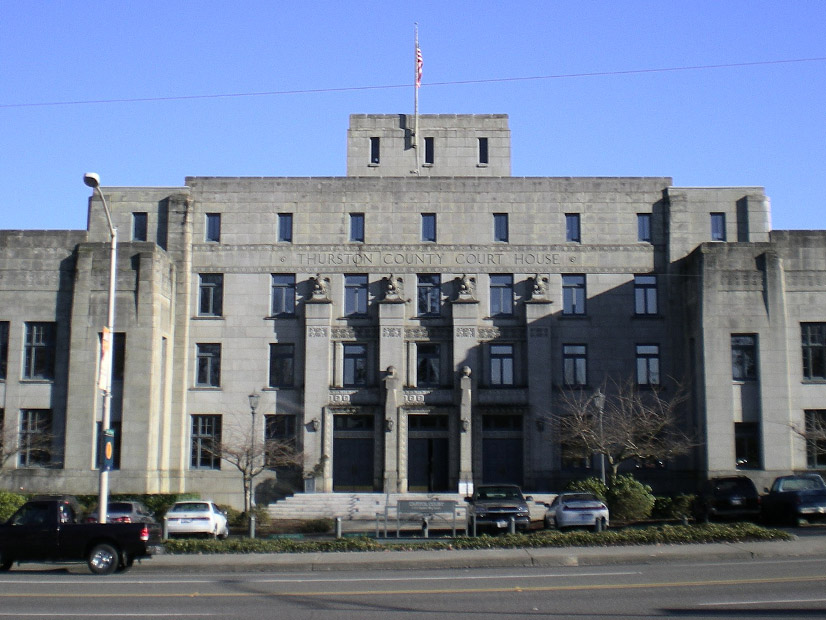A Washington judge on Friday rejected a lawsuit that sought to suspend the state’s cap-and-trade program.
Thurston County Superior Court Judge Mary Sue Wilson ruled that the 2022 transportation bill that included a clause giving Washington’s Department of Ecology rulemaking authority to implement a 2021 cap-and-invest law did not violate the state’s constitution by having more than one subject in it.
The conservative Citizen Action Defense Fund sued the state in January, alleging that the Legislature invalidated its 2022 transportation bill by cramming multiple subjects into it.
The lawsuit had two intentions, said Jackson Maynard, executive director for the Citizen Action Defense Fund. One was to hold the line on the state constitutional rule that limits a bill to one subject. The second was to at least temporarily halt the state’s new cap-and trade program by eliminating Ecology’s rulemaking authority.
The program went into effect Jan. 1 and has so far this year raised $1.462 billion in three quarterly auctions and one special auction. (See Wash. Allowance Prices Surge Again in 3rd Cap-and-trade Auction.)
The money is earmarked for many programs that combat climate change, which has been linked to health, agriculture, fish and wildfire issues. A large portion of cap-and-trade revenue is used to address transportation concerns.
Plaintiff’s attorney Callie Castillo argued Friday that the Legislature overreached by loading too many subjects into the transportation bill.
“We don’t know if this is a transportation bill or a climate action bill. Those two don’t go together. … [The bill] is simply a tax increase,” Castillo said.
Assistant Attorney General Alicia Young argued that the disputed bill provided resources to tackle transportation programs with several sub-sections to address a bigger issue.
“This is an omnibus bill to address a broad issue in multiple ways. … This is a resources bill,” Young said.
Judge Wilson agreed with Young. “In this legislation, subjects come together or hang together on one topic,” Wilson said.



